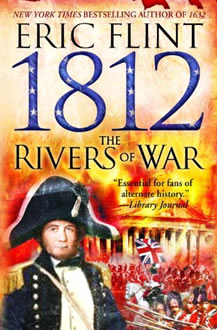

Author(s): Eric Flint
on 10/31/2006
ISBN: 0345465679
ASIN: B003JBI496
Genres: Science Fiction, Alternate History
Pages: 560
Format: Paperback
Source: Purchased
Buy on Amazon •
In the War of 1812, U.S. troops are battling the British on the Canadian border, even as a fierce fight is being waged against the Creek followers of the Indian leader Tecumseh and his brother, known as The Prophet. In Europe, Napoleon Bonaparte’s war has become a losing proposition, and the British are only months away from unleashing a frightening assault on Washington itself. Fateful choices are being made in the corridors of power and on the American frontier. As Andrew Jackson, backed by Cherokee warriors, leads a fierce attack on the Creek tribes, his young republic will soon need every citizen soldier it can find.
What if–at this critical moment–bonds were forged between men of different races and tribes? What if the Cherokee clans were able to muster an integrated front and the U.S. government faced a united Indian nation bolstered by escaping slaves, freed men of color, and even influential white allies?
Through the remarkable adventures of men who were really there–men of mixed race, mixed emotions, and a singular purpose–The Rivers of War carries us in this new direction, brilliantly transforming an extraordinary chapter of American history.
With a cast of unforgettable characters–from James Monroe and James Madison to Sam Houston, Francis Scott Key, and Cherokee chiefs John Ross and Major Ridge–The Rivers of War travels from the battle of Horseshoe Bend to the battle of New Orleans, and brings every explosive moment to life. With exquisite attention to detail, an extraordinary grasp of history, and a storyteller’s gift for the dramatic, Flint delivers a bold, thought-provoking epic of enemies and allies, traitors and revolutionaries, and illuminates who we are as a nation, how we got here, and how history itself is made–and remade.
Review by Travis Starnes
I will start off by saying I am generally a fan of all of Flints works, he writes the happiest war stories you will find. His writing tends to be fairly up-beat, he loves over the top characters, and he enjoys not only showing the action and drama beats of his stories but also exploring the larger political and cultural landscapes of the worlds he creates. This last trait of Flint’s is both a blessing and a curse.
Because he writes so much alternate history there are a lot of interesting points to examine however he also tends to get a bit “wander” in his writing. Long tangents, dead end story treads, and convoluted setups that don’t really apply to the main story of the book can happen.
That being said while this book is very typically Flint, although the flow and pacing is much better then in some of his other series, the Ring of Fire jumps instantly to mind. A big factor in this reigning in can be attributed to the smaller cast in this book with only a dozen characters to track rather than the thirty to forty characters in some of his other titles. And the characters you do get are more likely to be integral to the plot limiting the unimportant tangents that can happen. The plot itself is also less convoluted and straighter forward, which is both good and bad. The story is easy to follow but he has some trouble pulling off subtlety.
I do enjoy his treatment of the Native Americans in this book. They aren’t portrayed either as aggressive savages, as you get occasionally in a western, or the put upon people who only want to live with nature, as tends to be the standard in today’s politically correct environment. Instead they tend to come off a more realistic grey having both negative and positive features. It also helps that their plot arc is interesting and easy to follow.
As alternate history goes this book is more casual then some books of the genre. Instead of taking one major event and turning it on its head, Flint takes the events as they were and makes small adjustments to how the characters interact and allegiances that were formed. The progression of events is well thought out and the conclusions Flint comes to are believable.
Like so many of Flint’s books, the real weak point of the story is the characters. As so often happens in his books the characters tend to be more cardboard in nature then fully fleshed out and real. He gives each person a character trait and has them stick to that without any nuance or subtlety. The aggressive angry guy is always aggressive and angry, the “white hat” always makes the noble decision, and the villain is evil and underhanded. The fact that he heaped these one dimensional traits on historical figures only exacerbates the problems, as we know a lot about them. As a Texan I found some of his decisions about Sam Houston particularly troubling.
But the problems in characterization aside this is still pretty fun alternate history. It’s not going to be on any top ten lists but it’s still a good read. I would recommend this to fans of Flint or the genre in general.
| Rating Report | |
|---|---|
| Plot | |
| Characters | |
| Writing | |
| Pacing | |
| Cover | |
| Overall: | 3.3 |

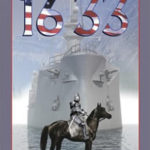
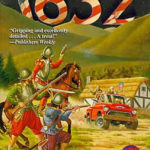
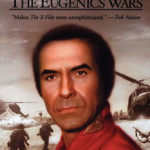
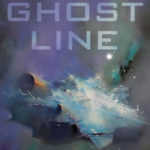
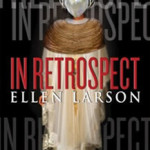
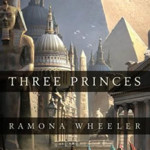






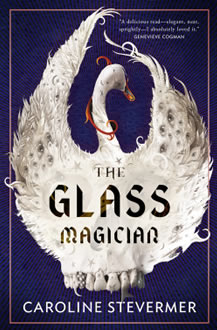
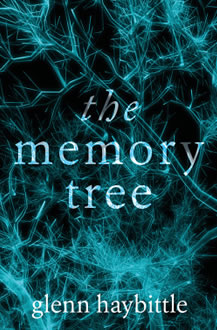
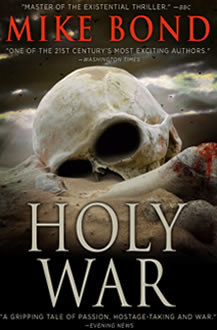
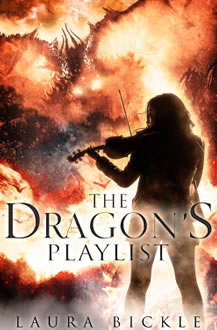
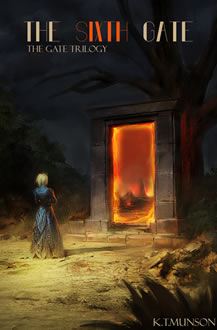
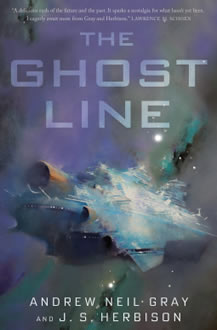
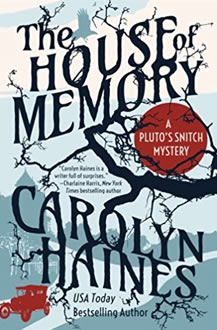
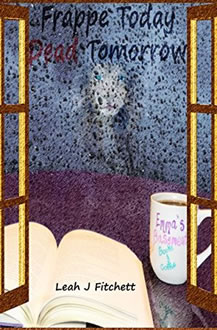
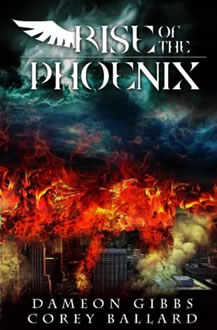
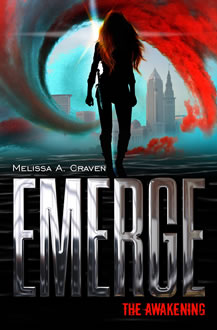
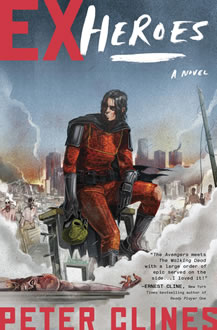
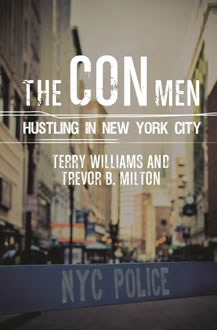
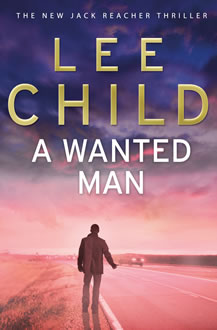
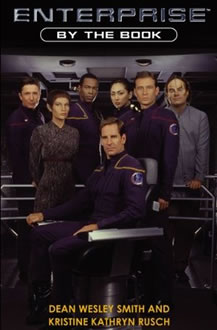
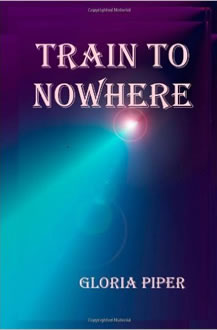




Leave a Reply